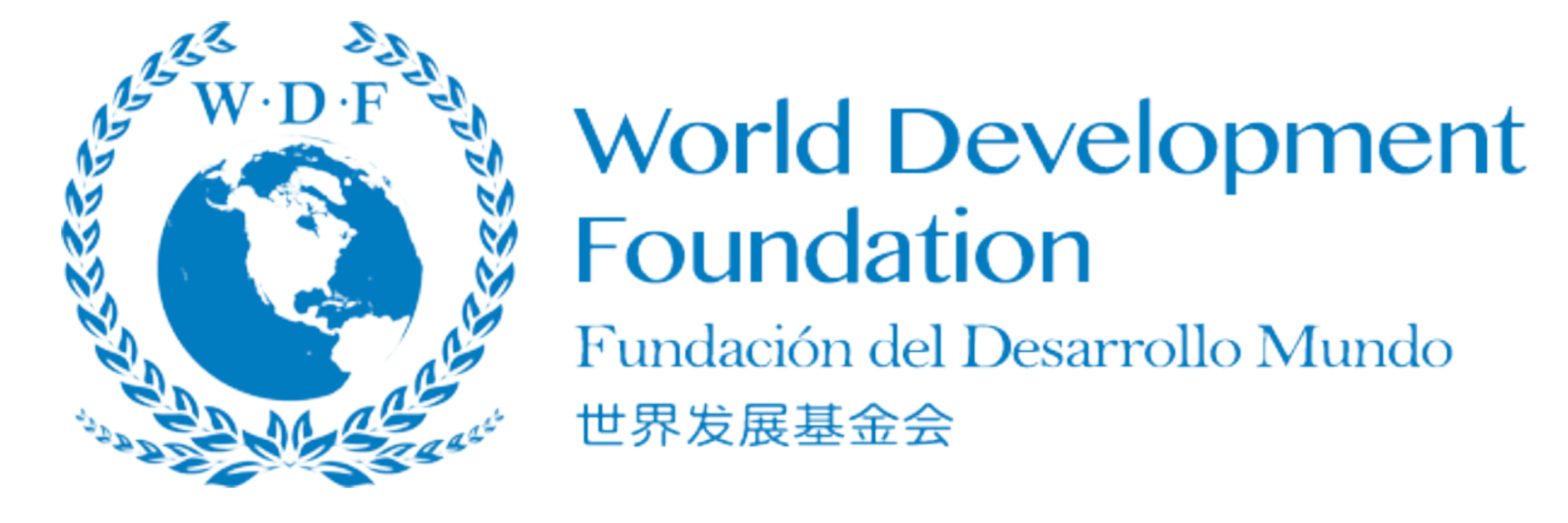Geneva/New York, January 11, 2023 – The Global Risks Report published by the World Economic Forum ahead of its annual meeting at Davos, Switzerland said climate change will remain the biggest and long-term challenge to the economy unless world leaders tackle it collectively and decisively.
The report said the current energy and food supply crises are likely to persist for the next two years and costs of living and debt servicing are expected to strongly increase. Those crises at the same time will undermine efforts to fight problems related to climate change, biodiversity and investment in human capital.
Read the Global Risks Report 2023 . The Marsh McLennan and Zurich Insurance Group produced the report, drawing on the views of over 1,200 global risk experts, policy-makers and industry leaders. Read WEF’s Global Risks Initiative which promotes greater common understanding of short-, mid- and long-term global risks to enable learning on risk preparedness and resilience.
“The short-term risk landscape is dominated by energy, food, debt and disasters,” said Saadia Zahidi, WEF Managing Director. “Those that are already the most vulnerable are suffering – and in the face of multiple crises, those who qualify as vulnerable are rapidly expanding, in rich and poor countries alike. In this already toxic mix of known and rising global risks, a new shock event, from a new military conflict to a new virus, could become unmanageable. Climate and human development therefore must be at the core of concerns of global leaders to boost resilience against future shocks.”
The report said failure by world leaders to start cooperating more effectively on climate mitigation and climate adaptation will lead to continued global warming and ecological breakdown over the next 10 years.
John Scott, Head of Sustainability Risk, Zurich Insurance Group, said: “The interplay between climate change impacts, biodiversity loss, food security and natural resource consumption is a dangerous cocktail. Without significant policy change or investments, this mix will accelerate ecosystem collapse, threaten food supplies, amplify the impacts of natural disasters and limit further climate mitigation progress. If we speed up action, there is still an opportunity by the end of the decade to achieve a 1.5ᵒC degree trajectory and address the nature emergency. Recent progress in the deployment of renewable energy technologies and electric vehicles gives us good reasons to be optimistic.”
Carolina Klint, Risk Management Leader, Continental Europe, Marsh, said: “2023 is set to be marked by increased risks related to food, energy, raw materials and cyber security, causing further disruption to global supply chains and impacting investment decisions. At a time when countries and organizations should be stepping up resilience efforts, economic headwinds will constrain their ability to do so. Faced with the most difficult geo-economic conditions in a generation, companies should focus not just on navigating near-term concerns but also on developing strategies that will position them well for longer-term risks and structural change.”

